How To Breathe When Playing Soccer – Complete Guide (2025)
If you’re wondering how to breathe when playing soccer / football – this is for you.
As soccer players, we all know that breathing properly is essential to performing well on the field. Proper breathing not only helps you control your movements but also improves your stamina, endurance, and overall performance.
However, it’s not always easy to know how to breathe when playing soccer, and many players struggle with breathing problems on the field.
In this article, we’ll share some tips on how to breathe when playing soccer and how to overcome common breathing problems.
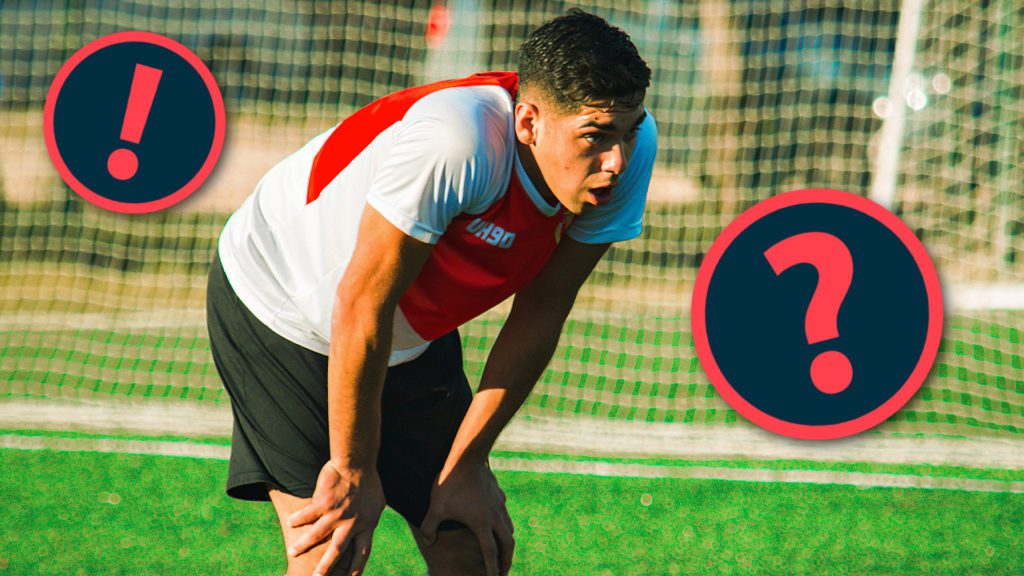
How To Breathe When Playing Soccer
Many players don’t realize that proper breathing technique can make a big difference in their stamina, endurance, and overall performance on the field.
In this video, we’re going to cover everything you need to know about breathing when playing soccer, from how to breathe through your mouth, to controlling your breathing and increasing your lung capacity.
We’ll also address common breathing problems that players might encounter on the field, and show you how to troubleshoot these issues.
By the end of this video, you’ll have a solid understanding of how to breathe properly during soccer games, and be well on your way to becoming a better soccer player.
Proper Breathing While Playing Soccer
How To Breathe During A Soccer Game
The first thing to keep in mind is that breathing is an essential part of your soccer game. When you’re running and kicking, your body needs oxygen to keep up the pace. Therefore, it’s important to control your breathing and maintain a steady flow of air throughout the game.
Here are some tips on how to breathe properly while playing soccer:
- Breathe through your nose: When playing soccer, it’s better to breathe through your nose instead of your mouth. This allows for a greater flow of air and helps you take in more oxygen. This may feel awkward in the beginning but will become easier the more you do it.
- Control your breathing: Try to maintain a steady flow of air in and out of your lungs. This will help you stay calm and relaxed during the game, and you’ll be able to perform better. If you find yourself getting out of breath, take a moment to catch your breath and slow down your breathing.
- Use your diaphragm: When breathing, try to use your diaphragm instead of your chest. This allows for a greater flow of air and helps you take in more oxygen. Breathe deeply from your belly and exhale slowly.
- Practice proper technique: When practicing soccer, focus on your breathing technique as well. Incorporate breathing exercises into your training, such as deep breathing or controlled breathing. This will help you develop good habits and make it easier to breathe during the game.
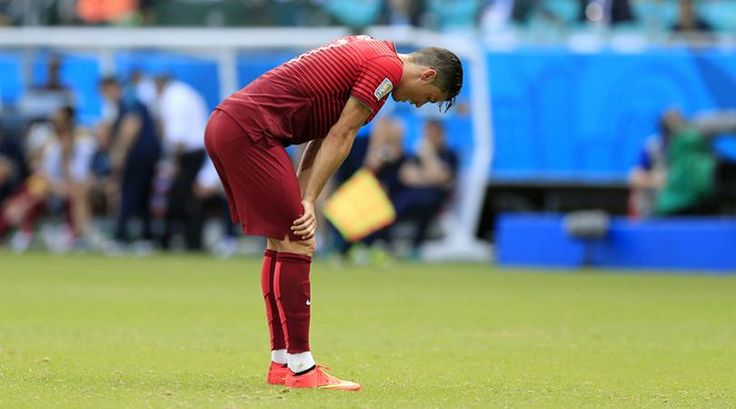
Increasing Lung Capacity For Soccer
Another important aspect of breathing in soccer is lung capacity. The greater your lung capacity, the more oxygen you can take in, and the better you’ll perform on the field.
Here are some exercises to increase lung capacity for soccer:
- Cardiovascular exercises: Running, cycling, or swimming are excellent cardiovascular exercises that can help increase your lung capacity. These exercises also improve your overall fitness and stamina.
- Interval training: Interval training involves alternating between periods of high-intensity activity and rest. This type of training can help increase your lung capacity and improve your endurance.
- Breathing exercises: Incorporate breathing exercises into your training routine to help increase your lung capacity. For example, practice holding your breath for a few seconds and then exhale slowly.
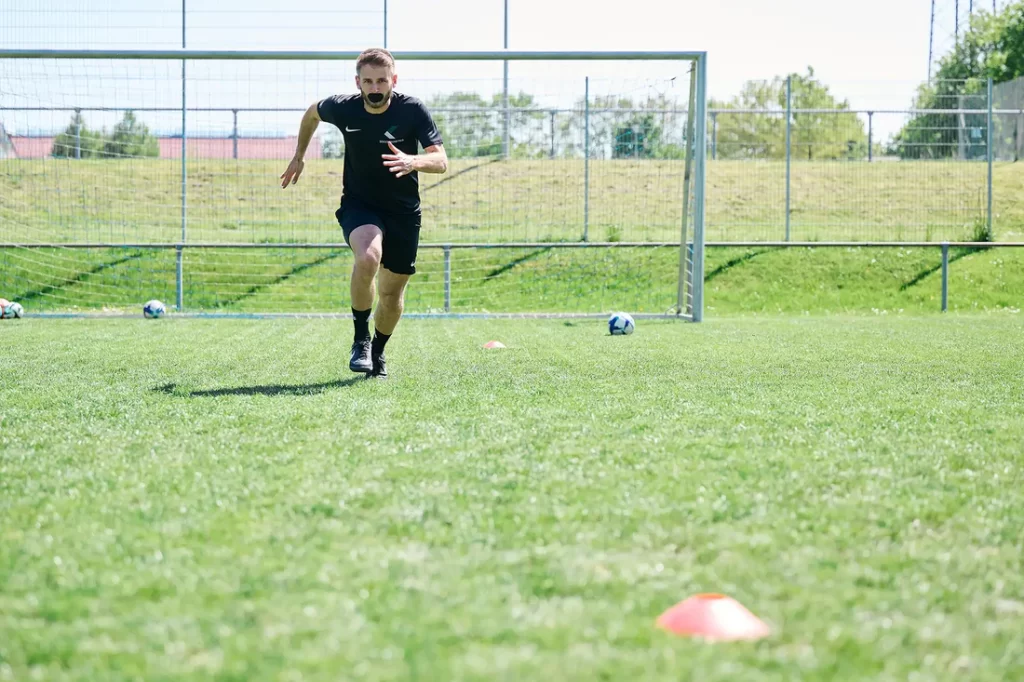
Troubleshooting Breathing Problems In Soccer
Despite your best efforts, you may still encounter breathing problems on the field. Here are some tips to help you troubleshoot these problems:
- Slow down: If you’re out of breath, slow down your pace and catch your breath. This will help you regain your composure and get back into the game.
- Stay hydrated: Drinking plenty of water before, during, and after the game can help prevent breathing problems. Dehydration can cause shortness of breath and other breathing problems.
- Seek medical attention: If you’re experiencing breathing problems that persist beyond the game or if they worsen, seek medical attention. This could be a sign of a more serious medical condition that requires treatment.

Common Questions
Here are some common questions related to how to breathe when playing soccer:
What is the best way to breathe while playing soccer?
The best way to breathe during soccer is to use deep, diaphragmatic breathing. This involves inhaling deeply through the nose to expand your lungs fully and exhaling through the mouth to release carbon dioxide efficiently. Focus on steady breathing to regulate oxygen flow, even during intense runs. Timing your breathing with movements—exhaling during physical exertion like sprints or shots—can also help improve performance and keep you calm under pressure. Stay conscious of your breathing during recovery moments, taking slow, deep breaths to lower your heart rate and recharge your energy.
Why do I have trouble breathing while playing soccer?
Trouble breathing during soccer is often caused by improper breathing techniques, poor cardiovascular conditioning, or external factors like asthma, stress, or altitude. Sprinting and sudden directional changes can make shallow breathing a natural response, leading to shortness of breath. Overexertion without adequate recovery breaks or warm-up routines may also contribute. To address this, focus on building endurance with interval training, practicing controlled breathing, and ensuring proper hydration to avoid cramping and tightness in the chest.
Should I breathe through my nose when playing soccer?
Breathing through your nose is ideal during light activity as it warms, moistens, and filters the air, but during high-intensity soccer play, combining nose and mouth breathing is more effective. Mouth breathing allows for quicker oxygen intake when your body demands it, such as during sprints or extended runs. A good rule of thumb is to breathe through your nose during slow moments or recovery phases and use mouth breathing during exertion to maintain oxygen flow.
How do I stop heavy breathing while playing soccer?
Stopping heavy breathing requires you to regain control of your breathing rhythm. Focus on slow, deep breaths through your nose and out through your mouth to calm your heart rate. After intense sprints, use active recovery techniques like jogging or walking to maintain movement while reducing breathing intensity. Regular conditioning, such as interval running, can improve your body’s ability to recover quickly from bursts of exertion and prevent prolonged heavy breathing during games.
How to breathe correctly for soccer?
To breathe correctly for soccer, focus on controlled, deep breathing rather than shallow, quick breaths. Use your diaphragm to pull air into your lungs fully and exhale completely to expel carbon dioxide. During sprints or high-pressure moments, inhale and exhale faster to match the increased physical demand, but return to deep breathing when you have breaks or are not under pressure. Developing good cardio fitness through training can make breathing easier and more efficient during long matches. Practicing breathing exercises off the field, such as yoga or crossfit, can also enhance your control.
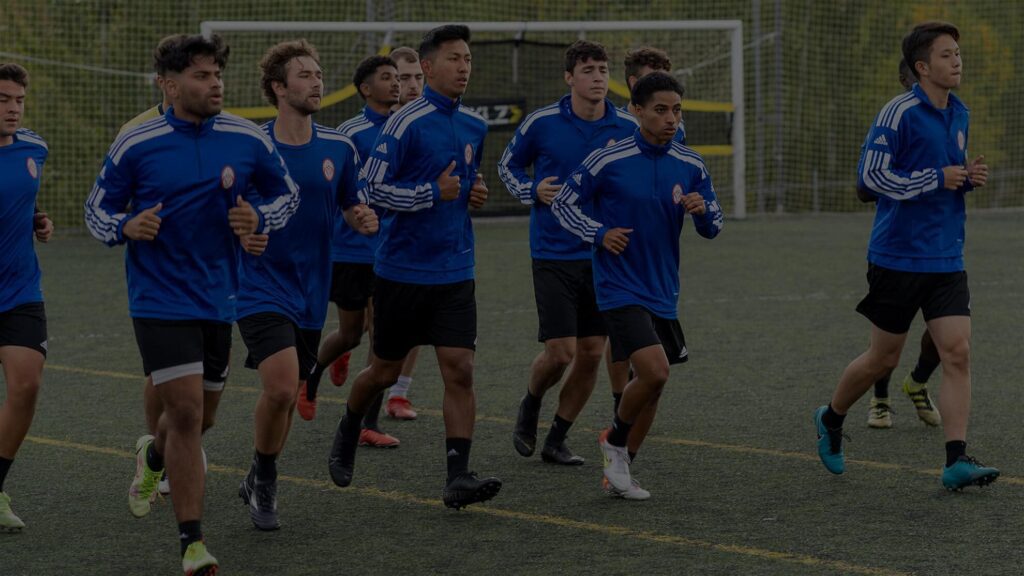
SOCCER PLAYERS
Want to become a better soccer player?
Watch this 3-minute video about discovering your true potential
Learn how to improve your skills, mindset, soccer IQ, and fitness—no matter your level. Start playing with confidence, earning respect, and impressing coaches today.
About Coach Dylan
I used to struggle with confidence in soccer, feeling slow, weak, and unmotivated. Coaches overlooked me, and friends made fun of my skills. At one point, I even quit.
But I decided to take control of my development. Through hard work, I transformed my game, earned league titles, awards, a college scholarship, and international caps.
Now, I share my lessons and help others improve through my YouTube channel (1/2 million subscribers), soccer coaching and personal training.

How To Play Soccer Better
Struggling to make progress in soccer or stay organized with your training?
The Soccer Success Planner will help you stay focused, motivated, and increase your chances of achieving your goals in soccer.
Success doesn’t happen accidentally. Use it to set clear goals, create a plan of action, and take control of your future. Learn more about the Soccer Success Planner.
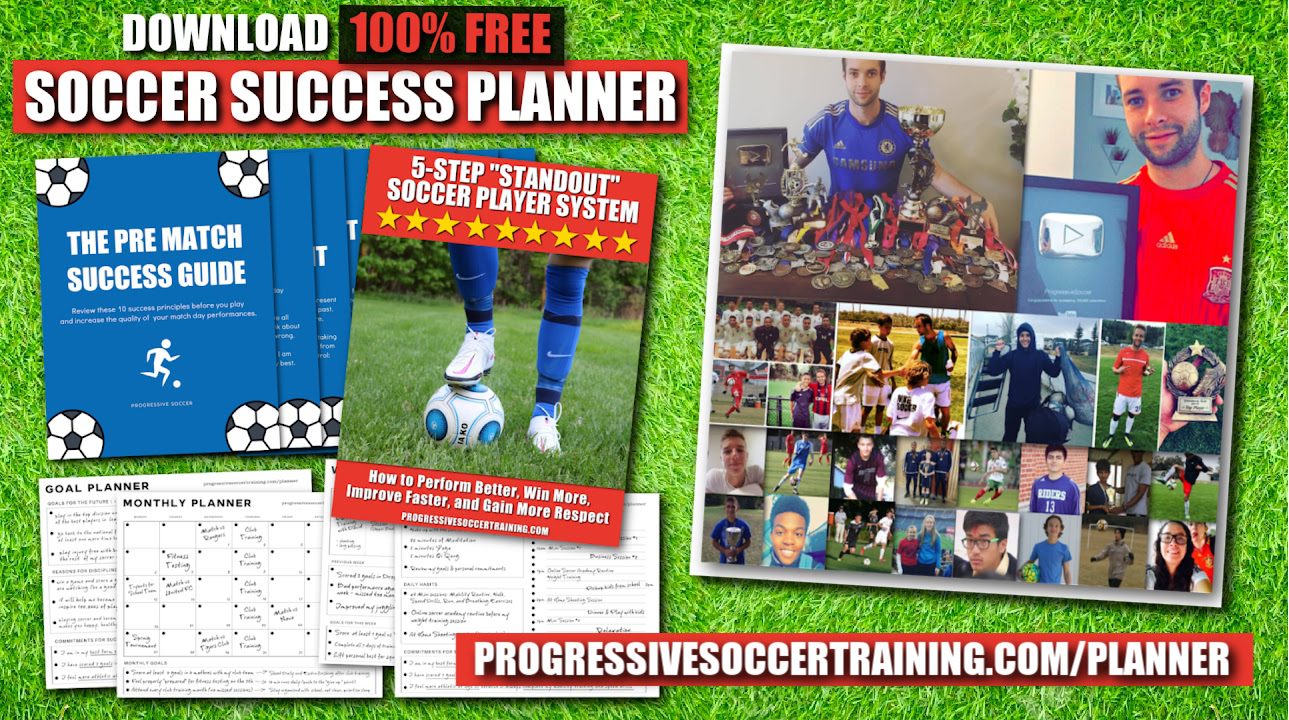
How To Become A Better Soccer Player
Struggling to improve in soccer or unsure how to train effectively? Want to stand out and earn respect from teammates and coaches?
The Online Soccer Academy will get you better results in less time.
Thousands of players have already transformed their game in just 60 days. Learn more about how the online soccer academy.

Related Posts
Here are some related posts to help you gain more knowledge and helpful advice:
Ways To Increase Stamina For Soccer
Tips To Become A Good Soccer Player
Coach Dylan
Progressive Soccer
Thank you for reading this article:
How To Breathe When Playing Soccer – Complete Guide (2025)
